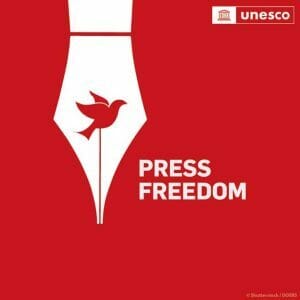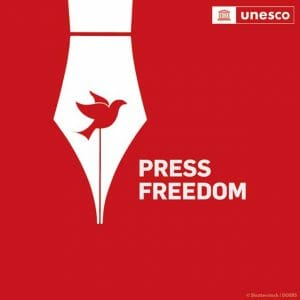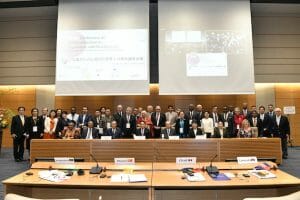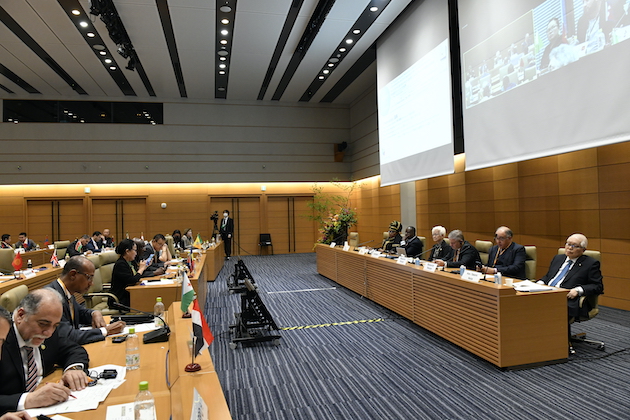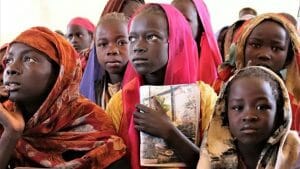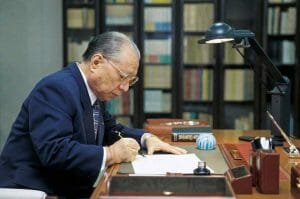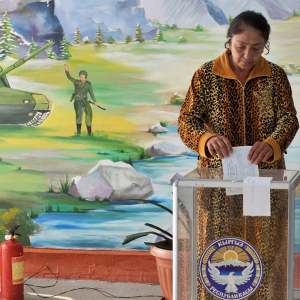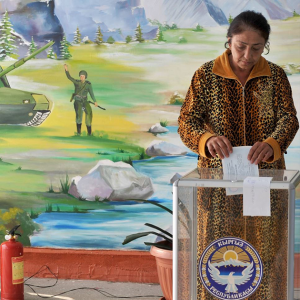
Few know the names Michelle Saahene or Melissa DePino. But millions have heard the beginning of their story.
They were witnesses at a Philadelphia Starbucks five years ago when two Black businessmen asked to use the restroom and a white barista called police, who led the men away in handcuffs.
“They didn’t do anything!” Saahene shouted as another customer recorded the confrontation.
Saahene and DePino didn’t know each other. But in their shock and anger, the two women started talking, and after DePino got a copy of the video, she conferred with Saahene before tweeting it out.
The tweet triggered a public relations disaster for Starbucks and a national uproar, raising questions about racism, policing and public safety.
Column One
A showcase for compelling storytelling from the Los Angeles Times.
It also launched lucrative new careers for both women, who teamed up to promote awareness about racism and started a nonprofit that provided sensitivity talks to corporations just as the diversity, equity and inclusion industry was about to take off.
What they could not anticipate was how their joint venture would go awry — or how they themselves would become a potent illustration of the racial animosity and misunderstanding they had set out to combat.
“This is what happens when white women insert themselves into what should be Black-led organizations,” Saahene, who is Black and 36, said recently. “White supremacy and emotional abuse get masked under kindness.”
“This is what it looks like to be canceled,” said DePino, who is white and 55. “I’m not really sure what I did wrong.”
‘Racism on display’
Within days of the April 12, 2018, arrest, the video had been played 8 million times. In interviews with CNN and other outlets, DePino accused Starbucks of racism.
By April 14, the company’s CEO issued a public apology to the men, who were never charged with a crime. Two days later, the corporation vowed to close every company-owned U.S. store for an afternoon of racial bias training. Now many coffee shops, including Starbucks, let anyone use their restrooms with no questions asked.
The controversy ushered in a new genre of viral videos on race — clips showing people of color having cops called on them for shopping, barbecuing, swimming and other everyday activities.
In the aftermath, DePino tracked down Saahene, hoping to process what happened, gain insight from a Black woman and make a friend.
The two met over drinks, planting the seeds of a passion project they named From Privilege to Progress. It had a stated aim of creating “a national movement to desegregate the public conversation about race.” In reality, it was a few social media accounts attempting to go viral, with the women unsure of whether they were making a dent.

Adjoa Michelle Saahene’s anti-racist activism began in 2018 when she witnessed the unnecessary arrest of two Black men at a Philadelphia Starbucks and shouted at police to try to stop it.
(Luis Sinco / Los Angeles Times)
“I witnessed something wrong and spoke up about it and shared it in my social network, which happens to be mostly white,” DePino said at the time in an interview with The Times. “That brought attention to this issue that really happens all the time.”
Saahene put it more succinctly: “If it was me posting that video, it would be my Black friends seeing it and it would not be news to them.”
They slowly gained followers, mostly white liberals, on Facebook, Instagram, Twitter and YouTube. They posted about Eric Garner, the Black man choked to death by police in Staten Island, N.Y., in 2014, whose last words — “I can’t breathe” — became a protest cry. They released guides on “racism interrupters,” phrases that witnesses to racist acts can use to interject. They launched a website that sold one-on-one anti-racism coaching and $20 T-shirts with the logo “#ShowUp.”
And they pitched corporations to pay them to share their stories.
DePino, a marketing professional and liberal mother of two, told audiences of becoming an activist after “seeing racism on display right in front of my eyes” and of educating herself by reading Ta-Nehisi Coates, James Baldwin and Frederick Douglass.
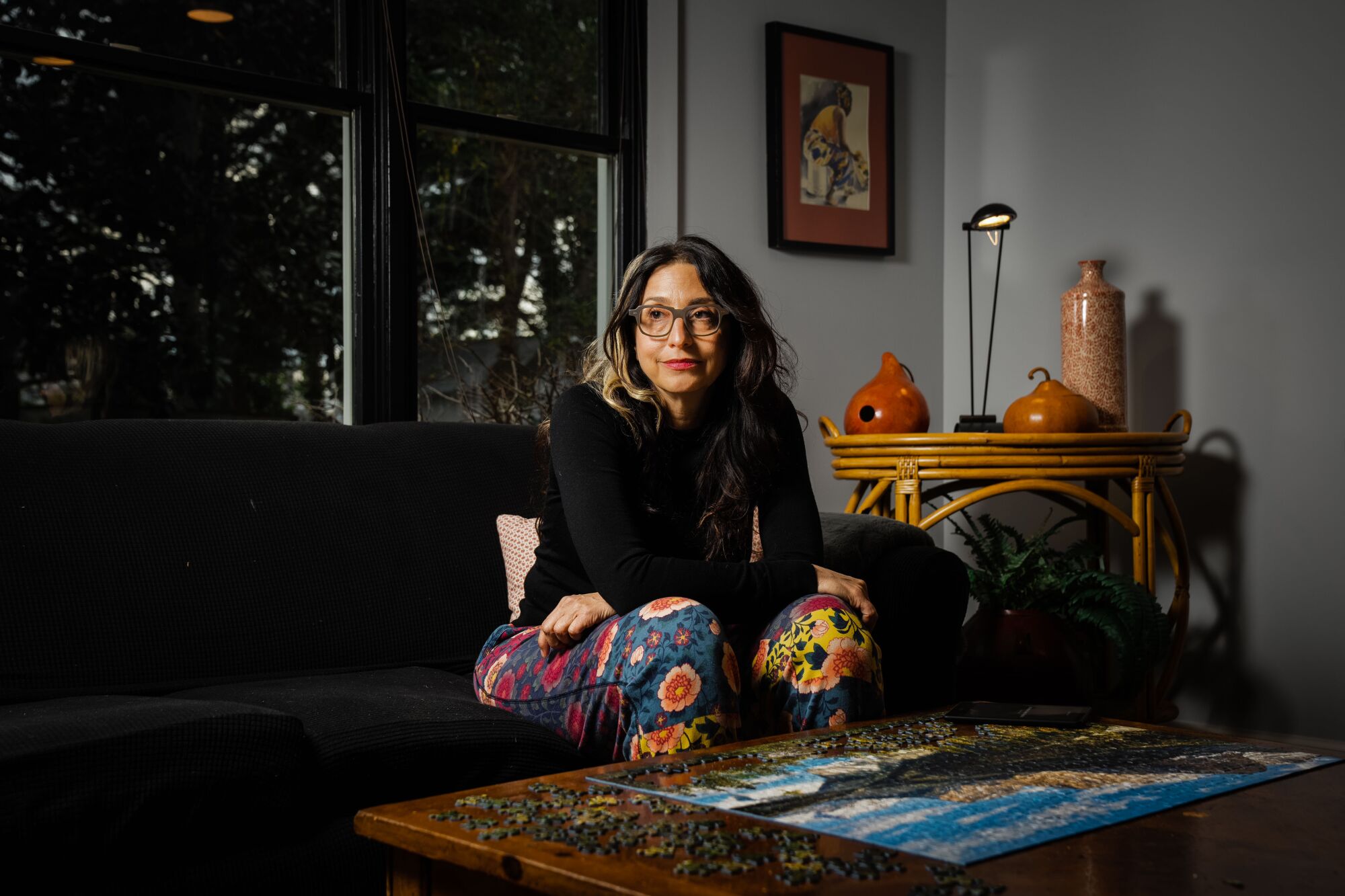
Melissa DePino, an anti-racist activist who co-founded From Privilege to Progress with Saahene, sits in her rental house’s living room in Lewes, Del., one of many places she has lived over the last year while traveling across the U.S.
(Kent Nishimura / Los Angeles Times)
She talked about growing up in a white, mostly Catholic suburb between Trenton, N.J., and Philadelphia. She admitted to not having Black friends until after college. She told audiences she’d always thought of herself “as not racist — one of the good ones” — but it wasn’t until that day in Starbucks that “it just hit me” that racism “never happens to me.”
Saahene, who studied health policy in college, spoke of entering corporate healthcare and becoming dismayed at the idea of profiting from helping people — before realizing her purpose was to push white people to speak out against injustice. The daughter of Ghanaian immigrants, she used lessons she’d learned from an online diversity, equity and inclusion certificate course to talk about race.
She spoke of being one of the few Black children in her small town outside Hershey, Pa., and of never feeling “Black enough.” Black Americans often told her she was instead “African,” and she felt more at home with Ghanaian culture than with Black American culture. She recounted painful memories of racism, including when the mother of a white boyfriend called her the N-word after they broke up.
Both DePino and Saahene believed fate led them to Starbucks that day to inspire others to do right.
They started to get noticed, landing occasional corporate gigs or appearances on university campuses. They went on “Red Table Talk,” the online show hosted by the actor Jada Pinkett-Smith, appeared on MSNBC and spoke at the Women’s March in Philadelphia.
Their effort could have stayed relatively small at a time when so many people wanted to make a dime off viral fame, when activism increasingly was happening from keyboards instead of on the streets.
Then came May 25, 2020.
American soul-searching
The world watched as a police officer pressed his knee into a Black man’s neck for 9½ minutes on a Minneapolis street corner. Protests raged in response to George Floyd’s murder. America began soul-searching.
On Slack and in boardrooms, institutions grappled with the inequality within. Companies hired diversity specialists, created equity departments and held seminars on race.
Diversity initiatives had been around since the 1960s, when Congress passed laws outlawing racial and gender discrimination. As immigration grew and more women entered the workforce, many companies and schools tried to at least appear to be more welcoming. In the 1990s and 2000s, historic settlements in discrimination lawsuits against major banks pushed CEOs to pay more attention to diversity.
But this latest boom was unprecedented. Corporations pledged tens of billions of dollars to further racial equality. In California and New York, governments launched DEI initiatives. Schools, nonprofits and businesses across the U.S. hosted diversity summits. Many outsourced training to people like Saahene and DePino.
From Privilege to Progress — the project the women called P2P — took off.
The number of followers on their Instagram account shot up from around 20,000 to roughly half a million. By late 2020, the women had monthly, sometimes weekly, paid engagements at Google, Spectrum, Ikea, Yale, MIT, Tufts and the United Nations.
“White people are tired of hearing this story,” Saahene told audiences. “We’re tired of living it, too. If you want to see racism dismantled, you have to show up to the conversation.”
“The word ‘privilege’ is triggering for white people,” DePino chimed in, telling audiences that Saahene “doesn’t dislike you for your privilege, she just wants it too.”
The two had become close. Saahene house-sat for DePino and had the code to her marijuana safe. They met each other’s families. It was a friendship and a business commingled with a sense of purpose and profit.
They launched an Instagram Live series and snagged interviews with Hollywood actors including Ilana Glazer, Jameela Jamil and Sophia Bush. They hosted “Unscripted,” a weekly video program in which they answered questions on the do’s and don’ts of being anti-racist.
The duo nearly doubled their joint speakers rate to $10,000 total per appearance. In 2021, each netted more than $100,000.
Saahene did much of the work remotely. She was living for months at a time in Accra, Ghana, reconnecting with family members and disconnecting from news on police violence, racism and divisive politics in the U.S. Still, she talked to corporate audiences about it all on Zoom.
She left her healthcare job and was working life-coaching gigs on top of P2P. When not in Ghana, she lived with a boyfriend in Dallas.

“White people are tired of hearing this story,” Saahene used to tell audiences in talks she gave for From Privilege to Progress. “We’re tired of living it, too. If you want to see racism dismantled, you have to show up to the conversation.”
(Dania Maxwell / Los Angeles Times)
DePino, who was dating after a divorce, grew close with a new boyfriend, an artist and professor who is Black; he teaches in Delaware and has long collected videos of early 20th century Black family life. She adopted a mini sheepadoodle and her college-aged sons left Philadelphia to settle in Los Angeles. Though she still had her day job in the marketing firm she co-founded, DePino thought the cash flow from P2P was becoming enough for her to be a full-time activist.
The two women dreamed of a national tour and documentary series — and it felt within reach.
‘I was the draw: my skin, my story’
Then the demand for talk and training on race slowly started to subside.
Part of the reason was national fatigue. The coast-to-coast movement spurred by Floyd’s murder led to a backlash, a belief among a segment of America that the course correction on race had gone too far. Activists accused institutions of papering over inequality with one-off DEI events.
Another part was politics. President Trump, whose words and policies provoked a constant stream of outrage that united activists and corporations on the left, was out of office. Now President Biden was promising to right racist wrongs.
And part was practical. Research has suggested that one-shot seminars, speeches and sensitivity exercises do little to curb unconscious biases. One study published in the Harvard Business Review looked at more than 800 major U.S. companies and found no correlation between mandatory diversity training and improvement in representation of women and racial minorities in management.
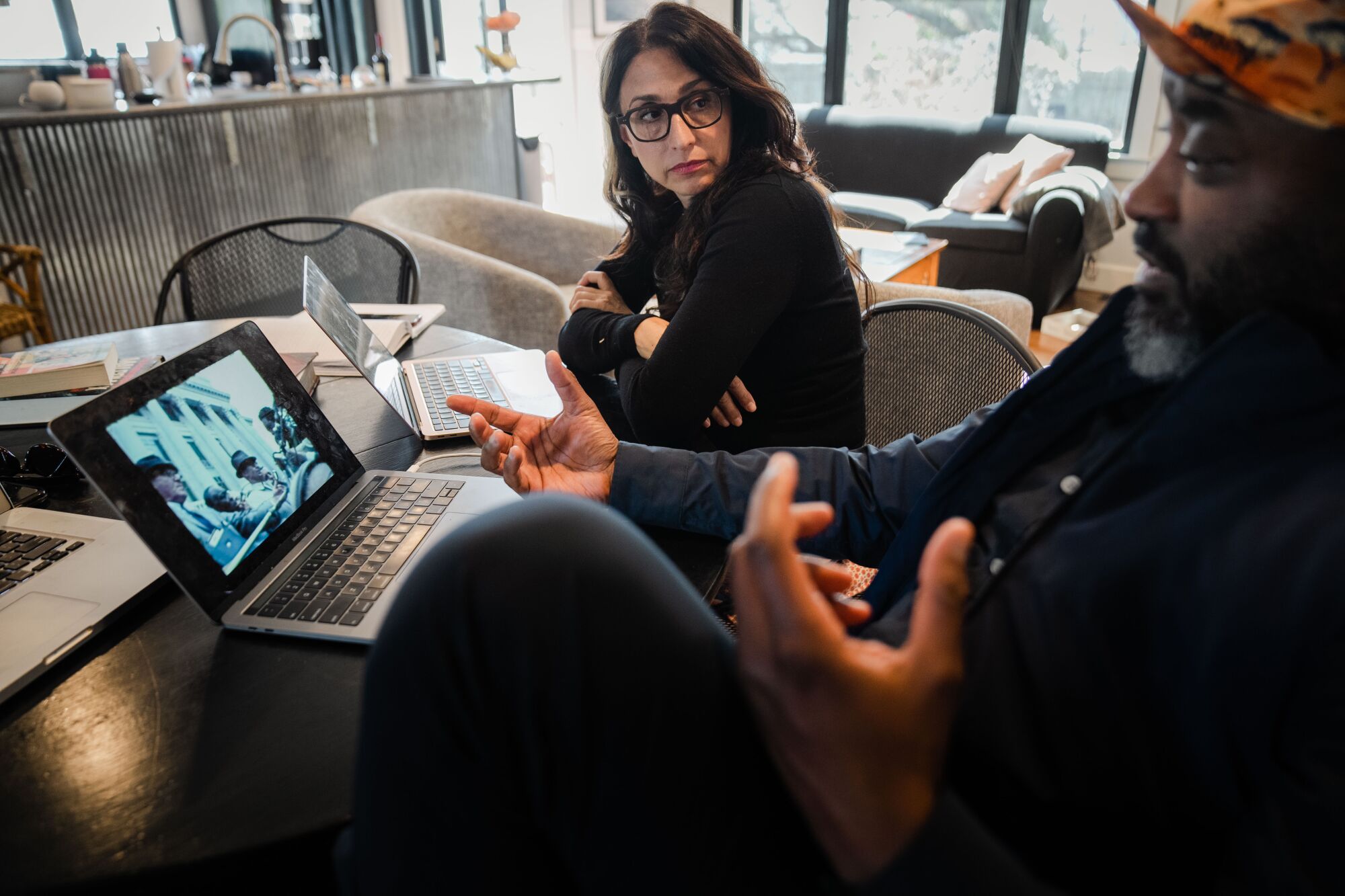
DePino and her boyfriend, Billy Colbert, at their former rental house in Lewes, Del.
(Kent Nishimura / Los Angeles Times)
Corporations began to pull back from their big promises.
In 2021, the Washington Post asked the 50 most valuable U.S. companies, which had promised a total of $49.5 billion to diversity programs since 2020, how much they actually spent. It received responses from 37 confirming less than 4% of that amount— $1.7 billion.
The workforce research group Revelio Labs crunched data on 17 million layoff notices since 2020 and found that by the fall of 2021, diversity-related jobs were being cut at double the rate of non-DEI jobs.
Saahene and DePino experienced the trends in a simpler way: They were getting less traction on social media, one of the primary ways clients found them.
“We were used to putting speaking dates on the calendar months ahead of time,” Saahene said. “Then it began to go dry.”
Saahene grew introspective. Living in Ghana for long stretches had made her feel empowered in her Black skin. She began to question her role as a Black woman who spoke to white audiences about racism.
“I started to realize that I was the draw: my skin, my story,” Saahene said.
She began to think back to disagreements she’d had with DePino — differences that had seemed minor at the time but in a new light felt more troubling.
One such conflict involved Saahene’s growing discomfort about capitalizing on the corporate interest in social justice that followed Floyd’s murder.
“I was growing faster and thinking about this all at a deeper, more complex level,” Saahene said. “I told her the pain I was feeling about how we were making money off of this. Her responses were cold.”
DePino said she saw it differently: “She was setting boundaries. I respected them. I never told her to do anything more than what she wanted.”

Saahene, center, co-hosts a recent fundraiser in Los Angeles for Kusewera, a charity that works with children in Malawi.
(Luis Sinco / Los Angeles Times)
Then there was the question of how to divide the profits from their business. The two women had always split them evenly, but in 2019 Saahene had suggested that she deserved a greater share. It seemed clear that the venture would have gotten little traction without a Black woman on board, and in her view, speaking about racism required more “emotional labor” on her part. She said DePino disagreed, contending that she did more background work: nonprofit filings, managing money and posting to social media accounts.
Saahene had quickly backed down. But now she wished she had not let it pass so easily.
“I was reading and learning about equity models in businesses,” she said.
DePino said that she remembers brief disagreements that she believed the pair had moved beyond, but that she did not recall talk of a new pay model.
“If she wanted an equity model for pay, I would have been open to discussing that,” DePino said. “She was also the president. I was vice president. So she could have instituted one on her own.”
“I didn’t know she felt so wronged,” said DePino.
In her view, their venture was more a calling than a full-fledged business. DePino was also consumed by other worries. A close aunt was slowly dying of cancer.
Often unable to sleep, DePino was rethinking her priorities, and Saahene no longer felt like somebody she could lean on. Casual emails and texts became curt, professional exchanges.
It felt to DePino like they were becoming strangers again.
A friendship and business fray
As she befriended African activists, Saahene heard stories of Black women who felt the sting of racism while working with white women. One was a group called No White Saviors, led by a Ugandan and a white American, that challenged the tradition of white-led charities in Africa but crumbled amid a bitter fight among its founders.
Saahene saw parallels.
In late November 2021, she texted DePino: “I’m exploiting my trauma. … Someone said this to me yesterday, ‘No one asks a sexual assault survivor to retell their story, so why are Black people expected to tell theirs?’”
“You have to do what feels right by you,” DePino replied. “I support you completely.”
They continued to talk, to try to sort out differences. Saahene texted, saying she felt unheard and pointing out past moments she now considered “microaggressions.”
One involved a suggestion by DePino that they visit a lynching memorial in Alabama together. “As if we haven’t had numerous conversations about how traumatizing it is for me to witness violence against Black bodies,” Saahene wrote.
She called DePino “manipulative” and cited “the challenges of working with white women in racial justice,” arguing that “Black people shouldn’t always have to be in therapist or coach mode.”
DePino replied: “I thought our personal relationship was so much deeper… this text sounds like we are strangers.”
Saahene emailed to say she was done sharing stages. Since returning from Ghana, Saahene wrote, she was on a “transformation of healing and decolonizing.” She accused DePino of “defensiveness and other manifestations of whiteness.”
DePino was overwhelmed. She was two weeks from leaving her marketing job of 17 years and about to move out of her Philadelphia row house. She was often at the hospital, tending to her aunt in her final weeks, and she was hurt to not be asked more about her own life’s transitions. It all felt sudden.
“I thought we were working things out. I thought we were best friends,” DePino said in an interview. “Instead, I learned that we were not friends anymore. … The organization had a mission and she no longer supported it.”
They plotted how to publicly end their story. There was so much to untangle: social media, a website, a bank account, corporate contacts and a network of activists that knew them as a pair.
DePino emailed Saahene in March 2022: “I always planned on making the organization independent of the two of us and dedicating my time to fully developing it.”
Saahene replied that she wanted the project “dissolved.” She objected that DePino kept posting on P2P’s Instagram because it was “misleading the public” into believing the partnership was alive.
On April 22, 2022, Saahene took over the platform. In a written statement to nearly 500,000 followers, she said DePino was “not honest” and had no “commitment to ending colonialism.” She plugged her personal Instagram.
“A staple of anti-racism is ‘listen to Black women.’ In this org that is not happening,” Saahene wrote.
DePino deleted the posts and dashed off an email: “You cannot legally slander me… I will send a cease-and-desist ASAP.”
Saahene shot back: “My life experiences and statements are truth.”
For weeks, the two tussled over the Instagram account. One posted. The other deleted. By the end of September, the website and social media accounts were permanently wiped offline.
Saahene and DePino stopped communicating, except through lawyers.
Separate work, separate lives
The former partners were moving on — and so was much of the country.
DEI roles were among the first to go last year when Meta, Lyft and Netflix laid off thousands of workers. At Princeton, the University of South Florida and other colleges, relatively new DEI staffers quit in frustration, claiming they received little support and were set up to fail. Just this week, Florida Gov. Ron DeSantis signed a bill into law that blocks all publicly funded diversity programs at state colleges.
“It’s like people just stopped caring, even though the problem — racism — never went away,” Saahene said. “How real was the commitment everyone in the country had made?”
Seeking a new beginning with a community of Black activists, actors and social media creators, Saahene moved to Los Angeles. On her website, she described herself as a “speaker, activist, model, and global inclusion strategist.” She also hopes to start an African luxury imports business.
In the last several months, she has spoken at the University of Pittsburgh at Greensburg about racism, healing and self-care, visited Malawi to join the board of a nonprofit for children and co-hosted a fundraiser for the group in Los Angeles.
Her next big project is organizing a six-day retreat for “changemakers” at a Black-owned luxury hotel in Morocco. She expects most attendees will be Black.
“I spent so much time talking to white people about a white problem: racism,” Saahene said. “It’s draining. I want to make Black people my audience.”
Recently, she reclaimed her Ghanaian name, asking new friends to call her Adjoa, the Asante word for women born on a Monday.
DePino, for her part, is still grieving for her aunt and recovering from an onslaught of online abuse, nearly all from white former followers. They called her a racist, a “Karen,” a manipulator, a fake.
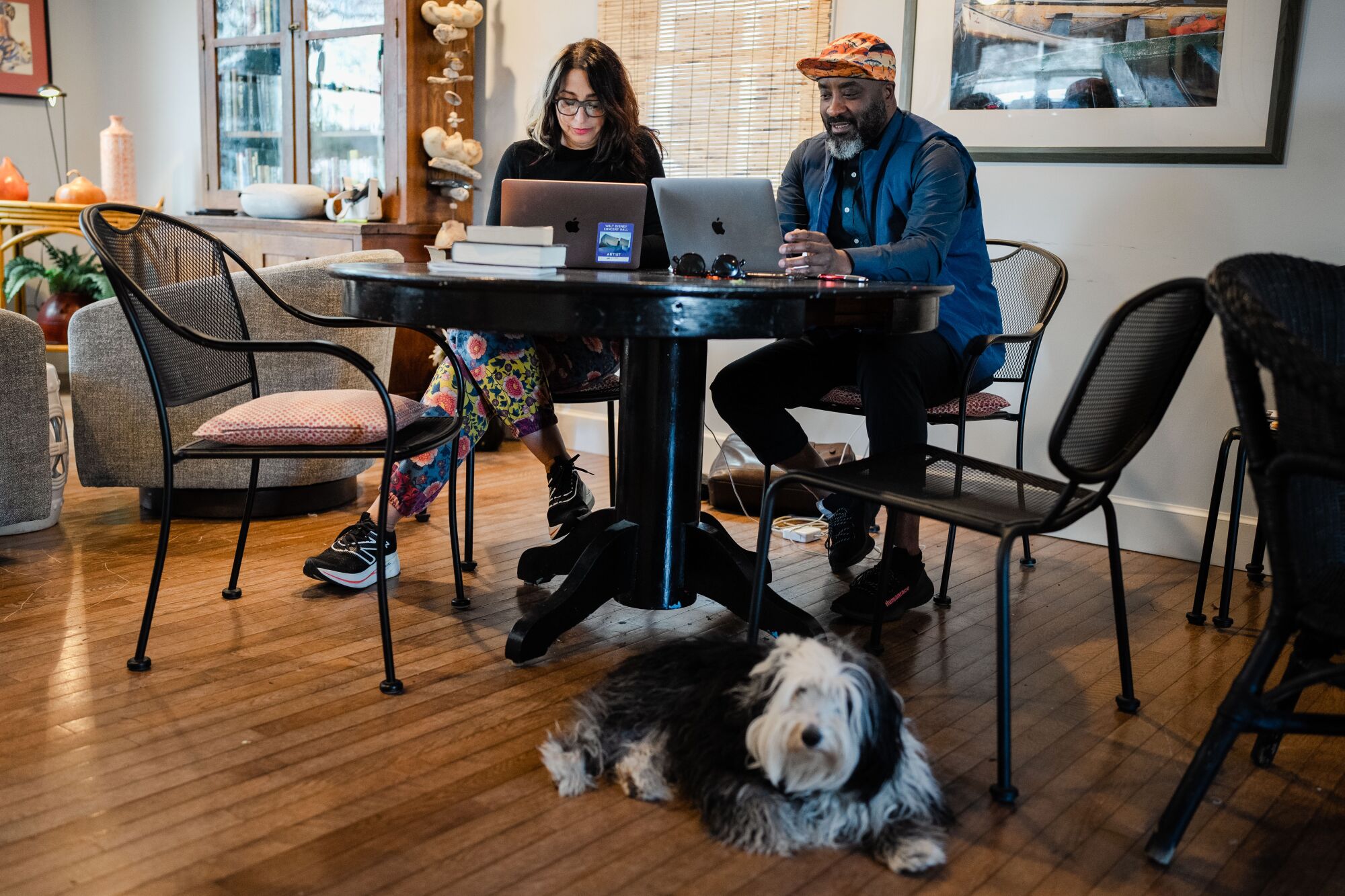
DePino assists Colbert, her boyfriend, on a project in which he is digitizing and cataloging home videos of Black family life from the Jim Crow era.
(Kent Nishimura / Los Angeles Times)
The experience forced her to reassess her place in the world as a white woman who still wants to fight inequality. She often pages through “The Autobiography of Malcolm X,” pondering the phrase “white devil.”
She pores over old essays by white abolitionists. “Those are the revolutionary white people throughout history that did not drop that ball,” DePino said recently. “But people didn’t always like them, either.”
She is helping her boyfriend digitize and catalog his video archive of Jim Crow-era Black family life, hoping it can be part of a permanent museum exhibit or public digital collection.
DePino finds comfort in moving from place to place: to Delaware to see her boyfriend, to New Mexico to see family, to New Orleans to hear jazz, to Los Angeles to be with her kids.
Last month, she relaunched her blog, where she sometimes signs posts with the moniker “That White Lady.” She is also working on a book, which she has titled “Uncomfortable.” It starts with that moment five years ago at Starbucks, but she’s not sure how she will address the demise of P2P or her friendship with Saahene.
On Instagram, Saahene has 38,000 followers and DePino 21,000, but neither posts about racial injustice as frequently as they did when they worked together. They haven’t spoken in months.
“I’m over it,” Saahene said recently about their relationship. “I’ve moved on. It’s a new chapter. A new me.”
“I don’t really know where she is or what she’s doing,” DePino said. “But I wish her the best.”

